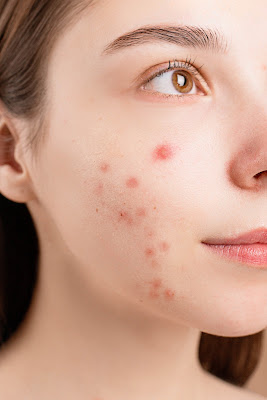What to do if you having diarrhea?

What is diarrhea? Constantly having loose, watery bowel motions is known as diarrhea. Stool typically contains 60–90% water. Insufficient water removal from the stool, which results in it becoming loose and badly formed, is the cause of diarrhea. Irritable bowel syndrome (IBS), temporary viral and bacterial infections like food poisoning, and more severe conditions like inflammatory bowel disease (IBD) and gastrointestinal bleeding can all contribute to these frequent bowel movements. Diarrhea can be acute or chronic, lasting up to four weeks, and can be an indication of a more serious condition. Acute cases can last up to two weeks. It's critical to pay attention to the duration, appearance, and presence of additional signs of your diarrhea. Other Diarrhea Signs Diarrhea can come with additional symptoms in addition to frequently occurring loose, watery bowel motions. It's typical to encounter one or more of the following, depending on the cause: sickness and nauseous a dimi...





